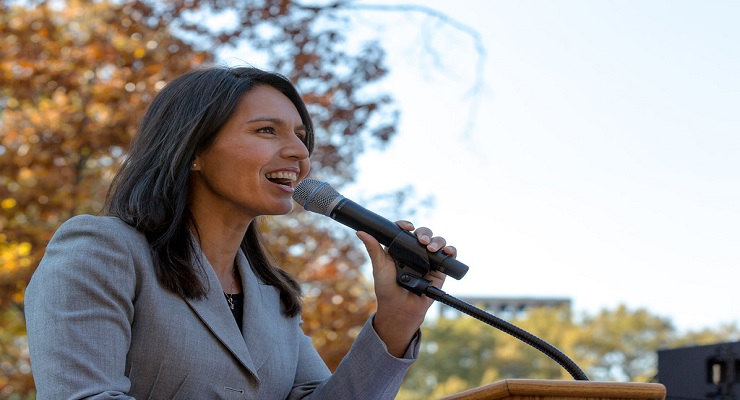
Barack Obama’s election as President of the United States of America (USA), herein America, was considered a historic moment in American history and very much in world history due to America’s historic role as the world’s No 1 superpower and leader of the free world. This was because Obama was considered America’s first African-American President for his dark skin even though the son of a Kenyan immigrant man and a European-American woman. There was so much buzz around this event because of the historic injustices suffered by African-Americans in America.
Brought in from Africa in chains as slaves during the slave trade to work on the American plantations, it took hundreds of years for blacks in America to be considered as humans and not property – 13th and 14th Amendments to the American Constitution – and another one hundred years or so for the enactment of Civil Rights Acts – 1964-2014 – that granted blacks and people of colour equal rights. Therefore, in many circles Obama’s victory meant that America had indeed made notable strides to sever itself from a worrying racist past into a society that was more equal and democratic.
For the rest of the world, it was refreshing to see a black man in the White House – America’s Presidential Palace – a situation which somewhat led to a re-branding and reaffirming of America’s leading role in world political affairs, notably in matters concerning democracy, which role had taken a toll due to the Iraqi invasion of 2003. Even Africa’s dictators who are unwilling to step down from power were happy to see a fellow black person as President of America. Perhaps, and ironically so, they hoped that having common descent with Obama would dampen American pressure on them for more democratic rights. Well, what America and Africa both got was Libya 2011.
Whatever, the case, to think that Obama’s victory broke the wheel of discrimination in America is to accept a half-baked truth. Gender equality is still a problem and while the election of a female President does not mean that the historic discrimination against women in America would become a thing of the past, a female American President would at least signal a major departure from perceptions around female leadership and therefore more openness to gender equality which largely underpins America’s search for a female President.
A number of women have canvassed for votes to become President of America but have often failed against their male counterparts. A towering Hilary Clinton did, however, demonstrate that the idea of a female President in the White House was not repugnant to the American public and that gender had little to do with the choices of the American voter and that it was perhaps America’s broken and outdated electoral college system that was an inhibiting factor. Tulsi Gabbard, the rising star of the democratic party might very well offer a chance for a quick fix, granted she runs for President in 2020. However, a Gabbard Presidency would not only be for the sake of having a female President for female President sake. The Congresswoman has an impressive bio that comes without the type of skeletons that Hilary Clinton carried around in her politics cupboard.
Read more about Tulsi Gabbard here.
Leave a Reply